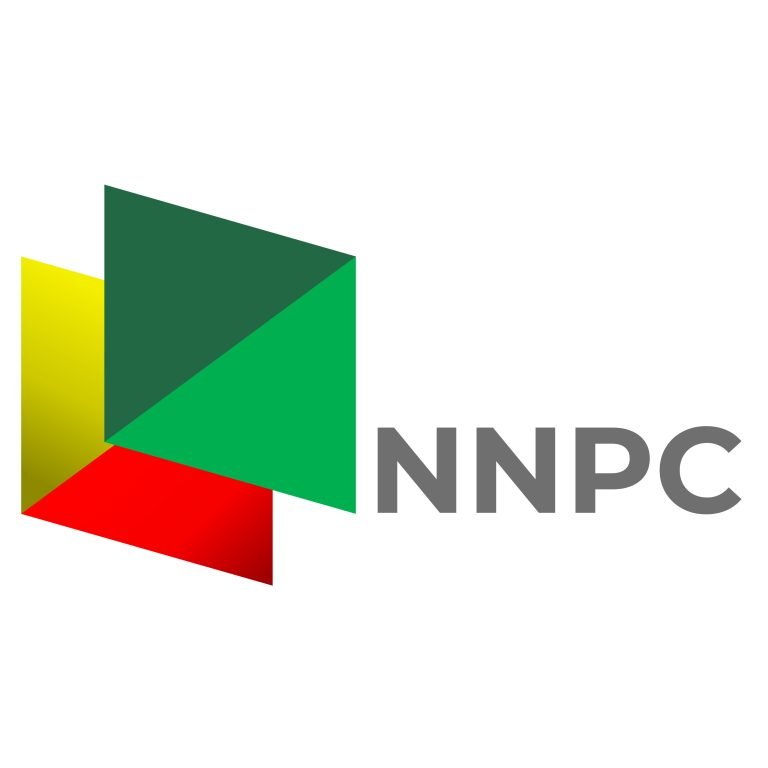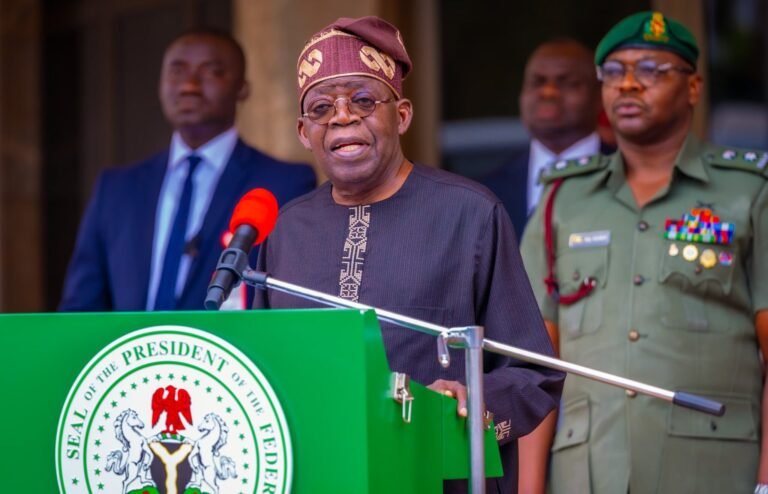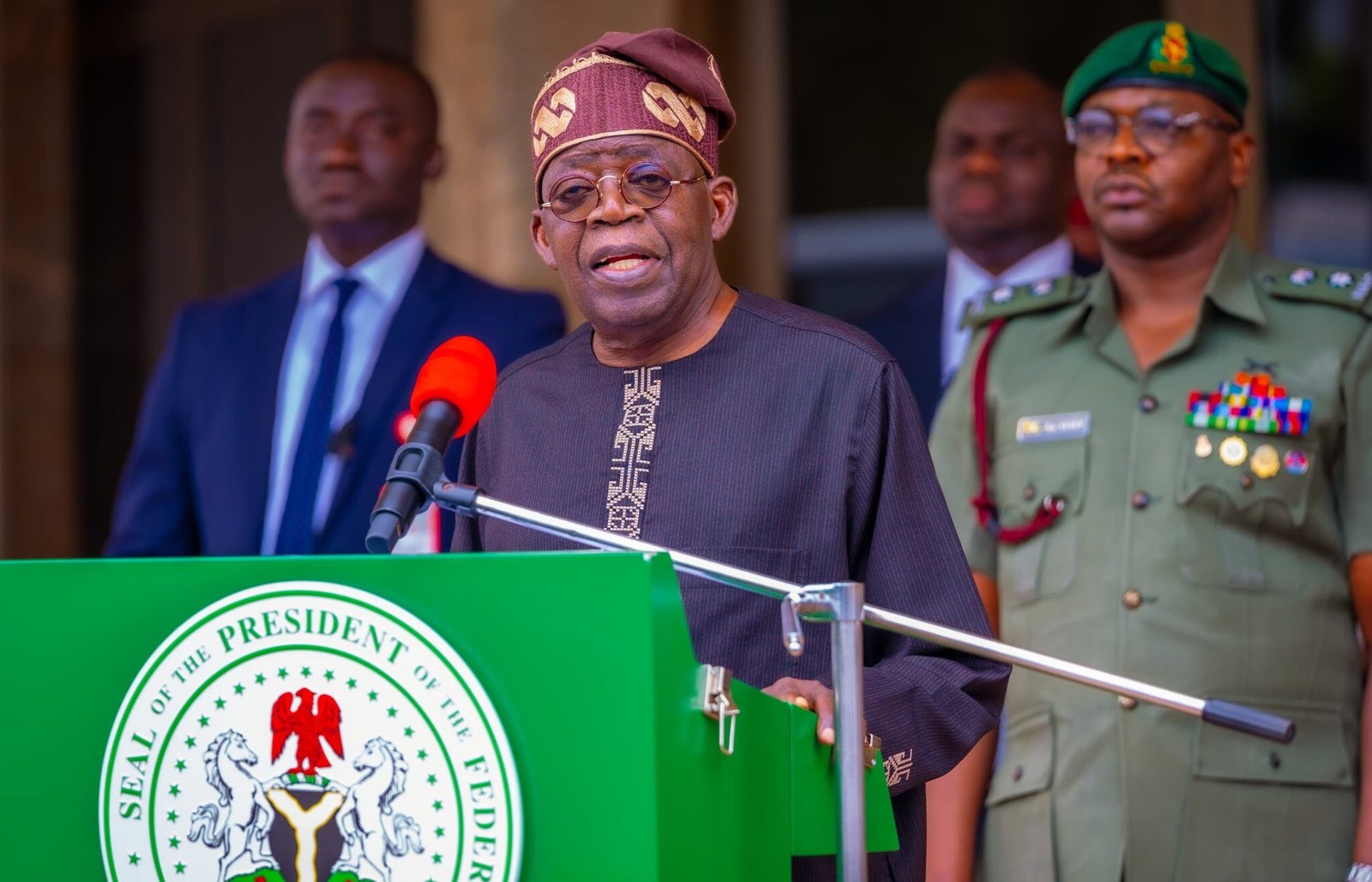Nigeria’s annual inflation rate slowed for the first time in nearly a year, easing to 23.2% in February 2025 from 29.9% in January, according to data cited by Bloomberg.
This unexpected drop follows a prolonged period of rising inflation, which had persisted for eleven consecutive months. The figure represents the largest monthly drop in headline inflation since January 2020, based on Bloomberg’s analysis of National Bureau of Statistics (NBS) data.
Bloomberg reports that the deceleration was driven primarily by a slowdown in food price increases, particularly in items such as bread, cereals, potatoes, yams, and other tubers. In January, food inflation stood at 35.4%, and although it remains elevated, the pace of increase has moderated.
The decline in inflation is a welcome development for the Central Bank of Nigeria (CBN), which has been under pressure to tighten monetary policy in a bid to tame soaring consumer prices and stabilize the naira. The apex bank is expected to hold its next Monetary Policy Committee (MPC) meeting on March 25–26, where the new inflation data could influence its decision on benchmark interest rates.
Analysts had widely expected inflation to continue rising due to the impact of the naira’s devaluation, higher fuel prices, and recent economic reforms. Bloomberg notes that the February slowdown could provide temporary relief to households struggling with the cost of living, though underlying price pressures remain strong.
Inflation in Africa’s largest economy has been a major concern for investors and policymakers alike, impacting purchasing power, business planning, and investment flows.
While the unexpected moderation signals a potential turning point, economists quoted by Bloomberg caution that sustained improvement will depend on exchange rate stability, food supply interventions, and further monetary tightening.
The NBS is expected to officially release its inflation report later this week.
























